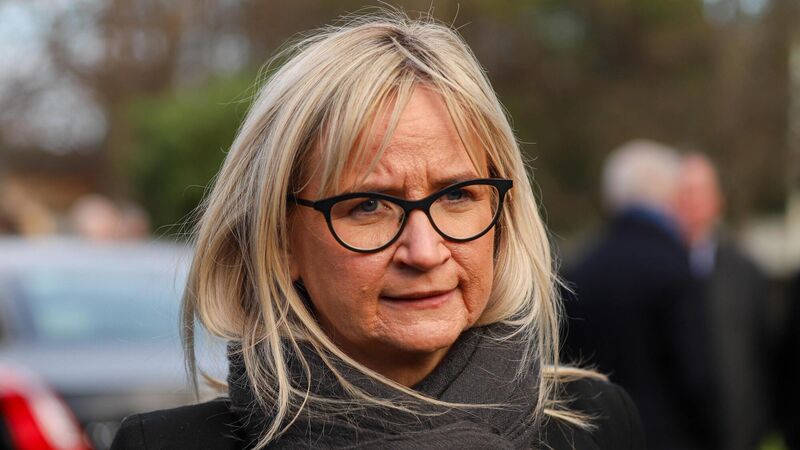Letters to the Editor: Tall Ships Race in Cork omitted from RTÉ show

Former RTE director general Dee Forbes.
Both you (Ms Forbes) and Moya Doherty in recent years ignored three letters from me as the former CEO of the 1991 event, as I searched for the truth of omitting such a prestigious and historic event from RTÉ’s Reeling in the Years programme of 1991.
CLIMATE & SUSTAINABILITY HUB










